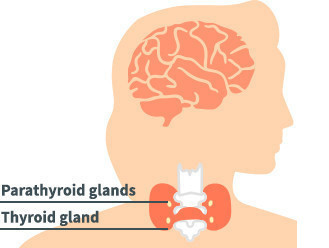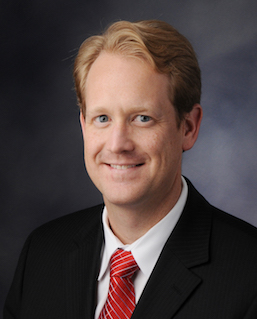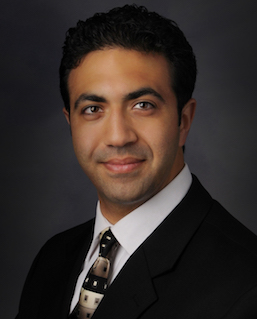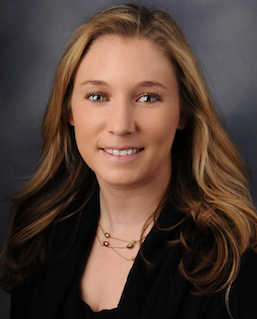About The Condition
 The parathyroid glands are four small glands, typically located behind the thyroid gland in your neck. These glands secrete parathyroid hormone, which helps to regulate your body’s levels of calcium and phosphorus. Hyperparathyroidism occurs when one or more parathyroid glands produce too much parathyroid hormone. This may cause kidney stones (excess calcium is excreted in the urine), osteoporosis (bone density loss as calcium is removed from the bones by the excess hormone) and occasionally depression or other psychiatric conditions. Surgery is indicated to reverse and prevent the complications of hyperparathyroidism. Surgery is also indicated for cancer of the parathyroid glands.
The parathyroid glands are four small glands, typically located behind the thyroid gland in your neck. These glands secrete parathyroid hormone, which helps to regulate your body’s levels of calcium and phosphorus. Hyperparathyroidism occurs when one or more parathyroid glands produce too much parathyroid hormone. This may cause kidney stones (excess calcium is excreted in the urine), osteoporosis (bone density loss as calcium is removed from the bones by the excess hormone) and occasionally depression or other psychiatric conditions. Surgery is indicated to reverse and prevent the complications of hyperparathyroidism. Surgery is also indicated for cancer of the parathyroid glands.
Before Surgery
If you are having surgery, you may be asked to:
- Stop smoking prior to your surgery. Nicotine decreases blood flow, prevents healing after surgery and increases your risk of infection.
- Increase your activity. Aim for 30 minutes of walking or other aerobic activity daily to build strength.
- Improve your nutrition. Add protein supplements such as Boost or Ensure to help your body heal after surgery.
- Take Vitamin D if your lab studies indicate a deficiency. Most Minnesotans are deficient in Vitamin D. Taking vitamin D prior to surgery to correct this deficiency may help with stabilizing your calcium levels after surgery.
Please ask your physician about any additional steps you should take before your surgery. Your surgeon may request additional imaging studies to attempt to localize the responsible gland prior to surgery.
Surgery
Surgery for hyperparathyroidism is done under general anesthesia through an incision at the base of your neck. It may be possible to perform this operation through a minimally invasive incision. During the operation, your parathyroid hormone levels will be monitored to determine that the responsible gland is removed. If all four of your parathyroid glands are overactive, your surgeon will typically remove 3 ½ glands. The remaining portion of the gland is then either left in place or moved to a location in your arm or neck to attempt to normalize the level of parathyroid hormone production. There is some variation in the location of the parathyroid glands that may require a longer incision and a longer operation to search for a gland if it is located in an unusual position.
After Surgery
- Your body has been depleted of calcium reserves by the excess parathyroid hormone that was circulating prior to surgery. You will need to take calcium after surgery until this has been corrected. Occasionally, patients need IV calcium replacement in the hospital after surgery.
- You will be encouraged to walk to prevent blood clots, muscle weakness and constipation.
- You may not be hungry at first, so return to a normal diet slowly. Check with your physician about using supplements if your appetite is poor.
- You may experience constipation. If so, you may take a laxative such as Miralax or Milk of Magnesia.
- Ice may help to reduce the swelling for the first 48 to 96 hours. Then use heat to ease muscle soreness and relax tight muscles.
- You may use ibuprofen in addition to prescription pain medication to help with pain control.
- A small amount of bleeding or drainage is expected from the wound during the first one or two days.
- You may shower one or two days after surgery, but avoid baths, hot tubs, soaking or swimming for at least two weeks.
- Always talk to your surgeon about weight restrictions and return-to-work options.
- It is normal to have a sore throat and mild voice hoarseness. This should be resolved in four to six weeks.
- You will be asked to see your surgeon in one to three weeks after surgery.
- If you notice numbness or tingling in your fingers or around your mouth, increasing neck swelling, a fever greater than 101 degrees Fahrenheit, or drainage from your wound, let your surgeon know by calling 763.780.6699.
If you have been diagnosed with parathyroid cancer, you most likely will be referred to an oncologist for follow-up after your surgery.
If you have additional questions, please contact us at 763.780.6699.







